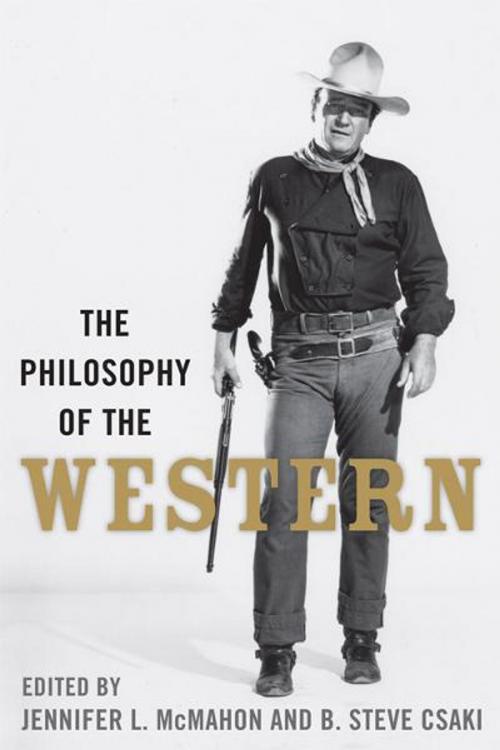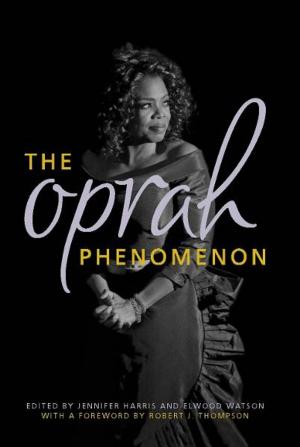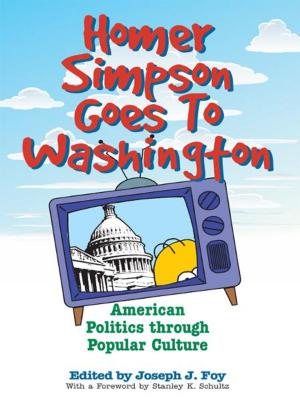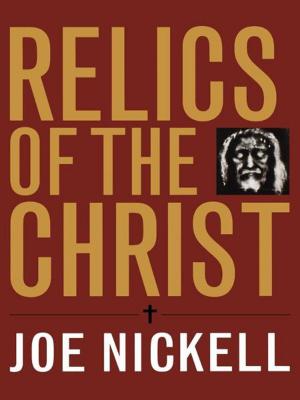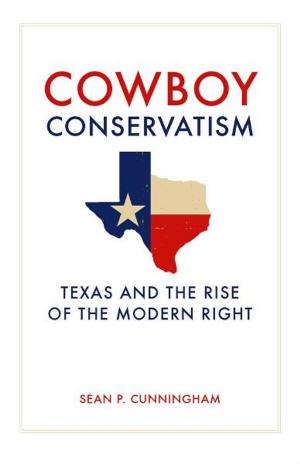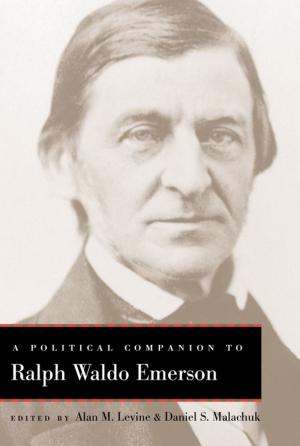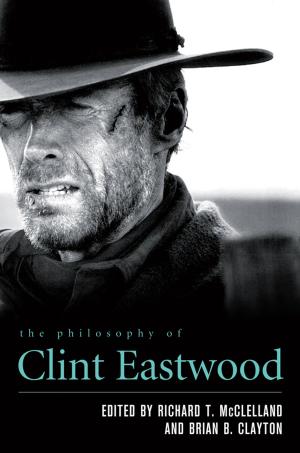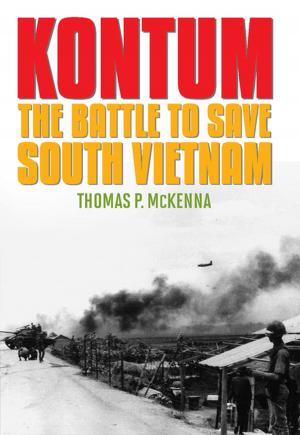The Philosophy of the Western
Nonfiction, Social & Cultural Studies, Social Science, Cultural Studies, Popular Culture, Religion & Spirituality, Philosophy| Author: | Jennifer L. McMahon, B. Steve Csaki, Shai Biderman, Douglas J. Den Uyl, Stephen J. Mexal, Lindsey Collins, Paul A. Cantor, Aeon J. Skoble, David L. McNaron, Daw-Nay Evans, Ken Hada, Richard Gaughran, William J. Devlin, Deborah Knight, George McKnight, Michael V. Moses, Richard Gilmore, Gary Heba, Robin Murphy | ISBN: | 9780813139661 |
| Publisher: | The University Press of Kentucky | Publication: | November 30, 2010 |
| Imprint: | The University Press of Kentucky | Language: | English |
| Author: | Jennifer L. McMahon, B. Steve Csaki, Shai Biderman, Douglas J. Den Uyl, Stephen J. Mexal, Lindsey Collins, Paul A. Cantor, Aeon J. Skoble, David L. McNaron, Daw-Nay Evans, Ken Hada, Richard Gaughran, William J. Devlin, Deborah Knight, George McKnight, Michael V. Moses, Richard Gilmore, Gary Heba, Robin Murphy |
| ISBN: | 9780813139661 |
| Publisher: | The University Press of Kentucky |
| Publication: | November 30, 2010 |
| Imprint: | The University Press of Kentucky |
| Language: | English |
The western is arguably the most iconic and influential genre in American cinema. The solitude of the lone rider, the loyalty of his horse, and the unspoken code of the West render the genre popular yet lead it to offer a view of America's history that is sometimes inaccurate. For many, the western embodies America and its values. In recent years, scholars had declared the western genre dead, but a steady resurgence of western themes in literature, film, and television has reestablished the genre as one of the most important.
In The Philosophy of the Western, editors Jennifer L. McMahon and B. Steve Csaki examine philosophical themes in the western genre. Investigating subjects of nature, ethics, identity, gender, environmentalism, and animal rights, the essays draw from a wide range of westerns including the recent popular and critical successes Unforgiven (1992), All the Pretty Horses (2000), 3:10 to Yuma (2007), and No Country for Old Men (2007), as well as literature and television serials such as Deadwood. The Philosophy of the Western reveals the influence of the western on the American psyche, filling a void in the current scholarship of the genre.
The western is arguably the most iconic and influential genre in American cinema. The solitude of the lone rider, the loyalty of his horse, and the unspoken code of the West render the genre popular yet lead it to offer a view of America's history that is sometimes inaccurate. For many, the western embodies America and its values. In recent years, scholars had declared the western genre dead, but a steady resurgence of western themes in literature, film, and television has reestablished the genre as one of the most important.
In The Philosophy of the Western, editors Jennifer L. McMahon and B. Steve Csaki examine philosophical themes in the western genre. Investigating subjects of nature, ethics, identity, gender, environmentalism, and animal rights, the essays draw from a wide range of westerns including the recent popular and critical successes Unforgiven (1992), All the Pretty Horses (2000), 3:10 to Yuma (2007), and No Country for Old Men (2007), as well as literature and television serials such as Deadwood. The Philosophy of the Western reveals the influence of the western on the American psyche, filling a void in the current scholarship of the genre.
